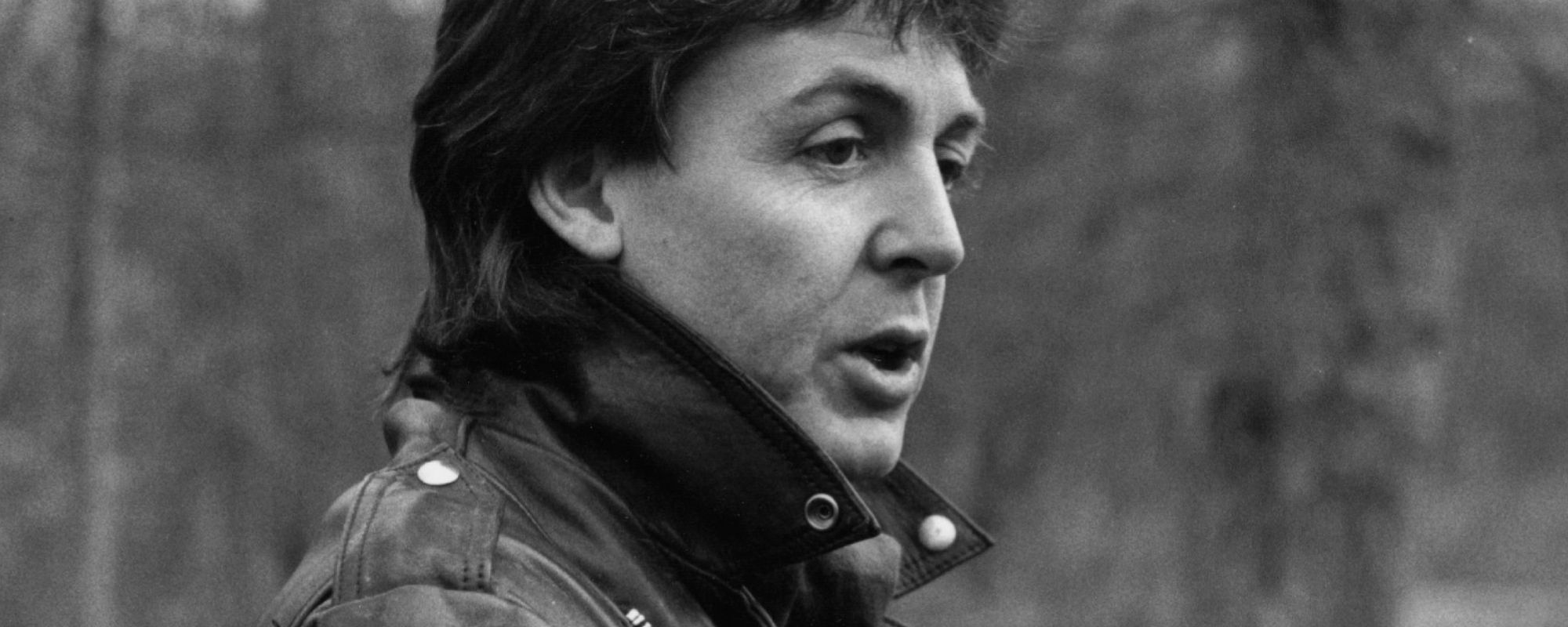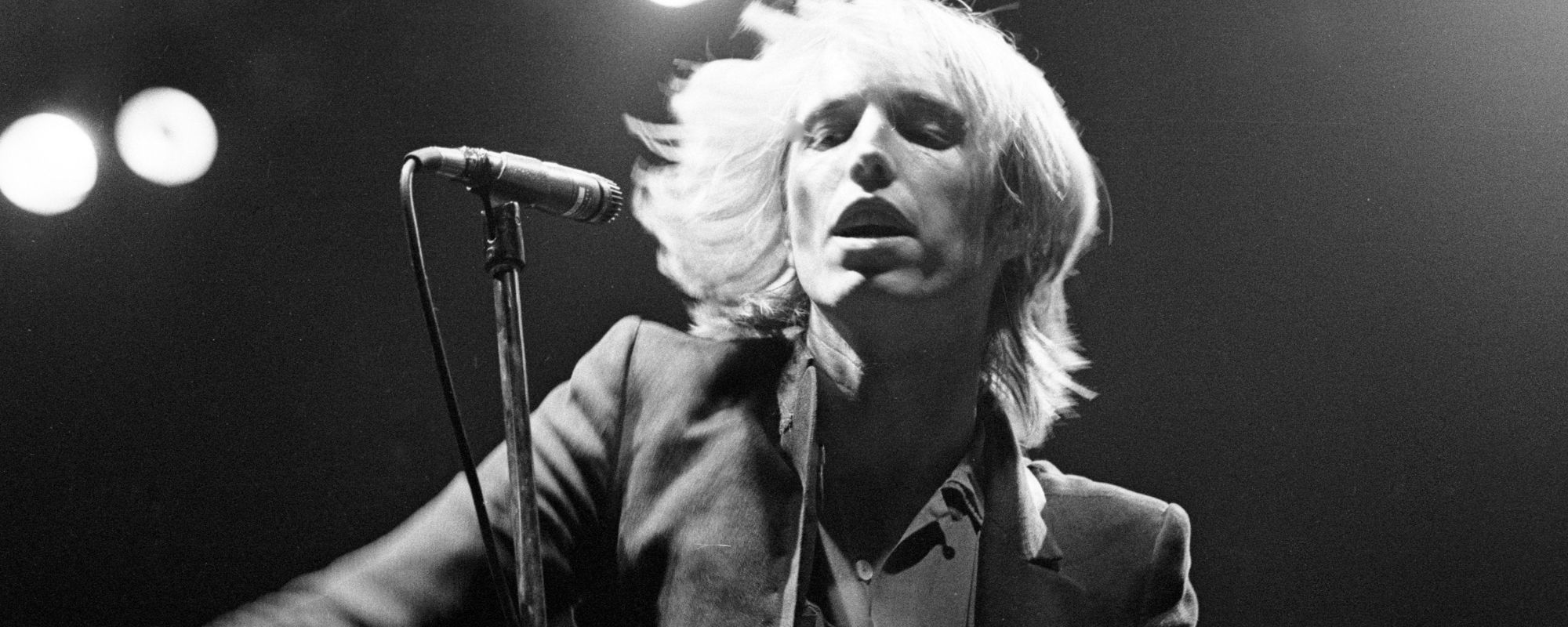Americana, by definition, is American roots music, which has grown from folk beginnings to the country rock of Gram Parsons to the alternative country of Uncle Tupelo and beyond. Uncle Tupelo not only spawned two influential bands, Wilco and Son Volt, but also an entire movement of artists blending country with punk. Today, Americana artists receive the label when they don’t neatly fit in as country artists, even though many of them write and perform country music. New artists continue to borrow from outlaw country, but the working-class tales are delivered with the kind of raw emotion and blunt poetry you won’t hear on many modern country music productions. You might call it emo Americana, and here are three artists leading the pack.
Videos by American Songwriter
Stephen Wilson Jr.
Stephen Wilson Jr. quit his job as a research scientist at the food company Mars to pursue songwriting. With a degree in microbiology, but his heart in songwriting, Wilson spent time in the lab scribbling lyrics. He turned down an opportunity to advance higher at the company when he reached a crossroads. The promotion and financial security would come with a caveat: Your dreams will die. Wilson chose music, and intense emotions propel his earnest songs, celebrating his father, as well as the community he comes from.
He plays a classical guitar with the fury of Paco de Luciá, the outlaw vibe of Willie Nelson, and the droning grunge of Soundgarden. If you’re unfamiliar with Wilson, “Year To Be Young 1994” is a good place to begin. Few humans armed with only an acoustic guitar can buckle your knees. Wilson does it every night on tour.
Zach Bryan
Think of Zach Bryan as the Weezer of emo Americana. Not for the geek rock, but for the emo tunes that changed rock music in the mid-90s. Following Weezer’s Blue Album, everyone from Paramore to Fall Out Boy to Taylor Swift cited Rivers Cuomo and his band as an influence. Bryan has caused a similar stir, though he couldn’t care less about the music industry or how things are supposed to be done. So watching him reach such heights against Nashville’s vanilla-churning machine has been a beautiful thing to watch.
The music industry, and especially the country or country-adjacent label bosses, are desperately searching for their own Zach Bryan. You see it all the time now, in copycat artists trying to mimic Bryan’s powerful tunes. But you can’t engineer “Something In The Orange”. You can try to use Bryan as a blueprint all you like, but catharsis on this level happens from the bottom up.
Tyler Childers
When I first heard Tyler Childers, it reminded me of the first time I heard Bright Eyes. There was something to the desperate break in Conor Oberst’s voice on “Something Vague” when he describes a persistent dream where he’s on a disappearing bridge with his family. Childers sings with similar drama in his bones. Geography helped define Bright Eyes and fellow bands signed to Omaha-based Saddle Creek Records. They didn’t move to the big cities to secure a record deal, and they sounded wildly different from the other rock bands in the late 90s and early 2000s.
Place also guides Childers, a Kentucky-native. He fills his songs with characters and stories that challenge misconceptions about the South. But not “the South” as a generic term. He’s zooming in on specific people and places. He told The Guardian in 2019, “There are different pockets of the rural U.S. and each one of those has its own color, its own language, the things they’re worried about.” Though Kentucky’s deep musical history is present in Childers’s music, it shares a complexity with the characters he describes. His latest album, produced by Rick Rubin, is called Snipe Hunter and may be his best emo Americana (or neotraditional-meets-alt-country) record yet.
Photo by Scott Legato/Getty Images













Leave a Reply
Only members can comment. Become a member. Already a member? Log in.